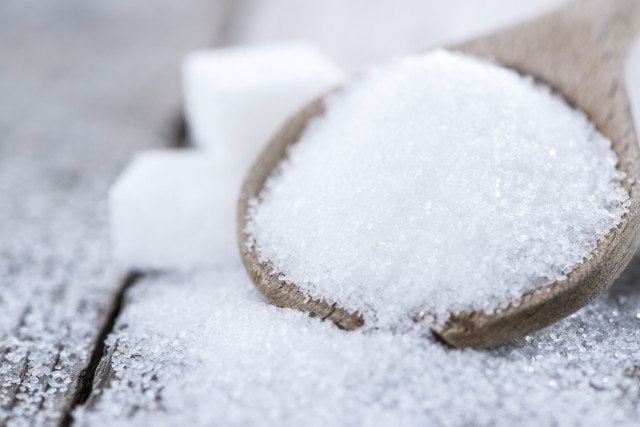A sweetener created from the plant used to make tequila could lower blood glucose levels for people with type 2 diabetes and help in weight loss, according to a report presented at the 247th National Meeting of the American Chemical Society held from March 16 to 20, 2014.
It was found that agavins, a natural form of sugar found in the agave plant, are non-digestible and can act as a dietary fiber, so they would not raise blood glucose.
“We have found that since agavins reduce glucose levels and increase glucagon-like peptide-1 (GLP-1), they also increase the amount of insulin,” said Mercedes G. López, Ph.D.
GLP-1 is a hormone that slows the stomach from emptying, thereby stimulating production of insulin.
“Agavins are not expensive and they have no known side effects, except for those few people who cannot tolerate them,” she said.
In addition, agavins, like other fructans, which are made of the sugar fructose, ideally used to help support growth of healthful microbes in the mouth and intestines, she said.
López, who is with Centro de Investigación y de Estudios Avanzados, Biotechnology and Biochemistry Irapuato, Guanajuato, Mexico, also noted that agavins can help people feel fuller, which could help them eat less.
Agavins
Although agavins contain fructoses, which the high-fructose corn syrup is loaded with fructose sugars and can raise blood sugar levels, agavins are fructans, which are fructoses linked together in long, branched chains.
The human body could not use them in that configuration, so they do not affect blood sugar, said Lopez.
Agavins also sometimes get confused with agave nectar or agave syrup, which appears on many health-food store shelves.
These products contain fructans that have been broken down into individual fructoses, so they are much more similar to high-fructose corn syrup.
Also, she and her team said agavins are better than artificial sweeteners, which are absorbed by the body and can cause side effects, like headaches.
“One slight downside, however, is that agavins are not quite as sweet as their artificial counterparts,” she said.
López added that agavins are the only carbohydrates used to produce tequila.
All ethanol in tequila comes from the fermentation of glucose and fructose generated after agave pines are cooked.
But because the agavins are converted to ethanol, agavins are not found in the finished product.
Laboratory study
López said that in the study, her team fed a group of mice a standard diet and added agavins to their daily water.
They weighed the mice daily and checked their glucose blood levels weekly.
Most mice that drank agavins ate less, lost weight and their blood glucose levels decreased when compared to other sweeteners such glucose, fructose, sucrose, agave syrup and aspartame.
“This study represents the first attempt to evaluate agavins as sweeteners in spite of their lower sweetness compared to sugar,’” she said.
The study was supported by Mondelez International and Agavaceae Produce.










